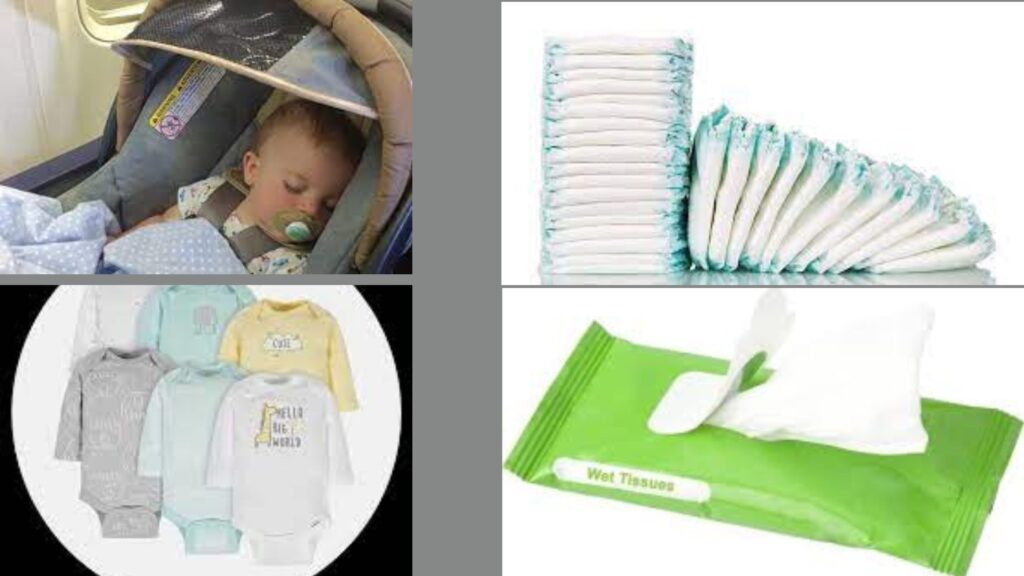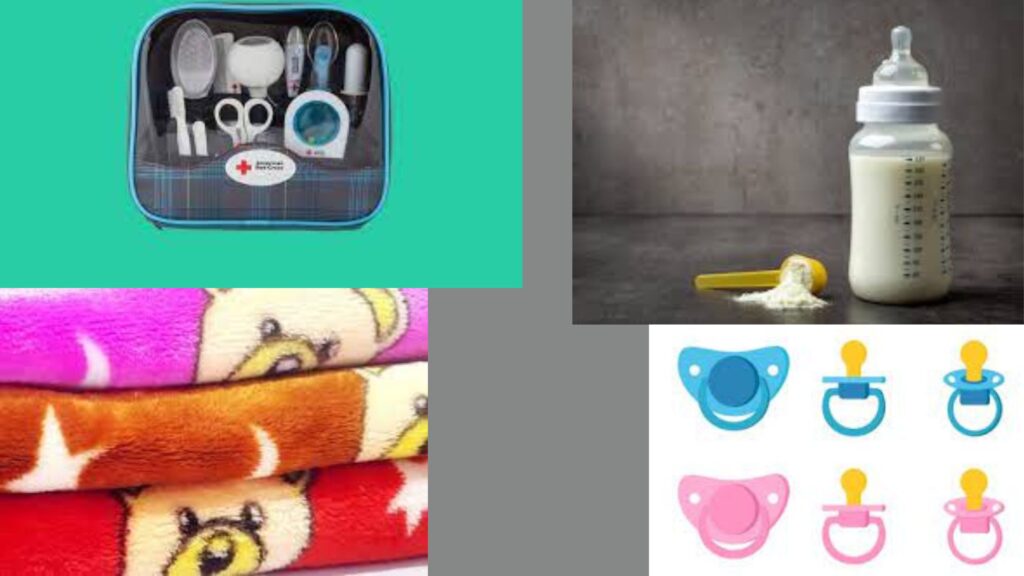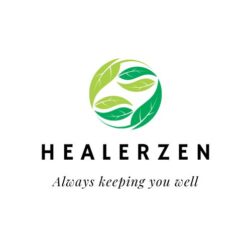Introduction
When you are traveling with a newborn, the last thing you want to do is stress how much you have to pack for your baby. Luckily, many items can make your trip go more smoothly and even help prevent common travel problems. Here’s a checklist of things I always bring when I am traveling with a newborn:
Don’t forget your baby’s car seat
When traveling with a newborn on a plane, car seats are required by law. It’s the safest way to protect your child in case of an accident or sudden stop, and it can also reduce the risk of injury from impact with other passengers. Car seats come in two types: front-facing and rear-facing. If you’re flying internationally, choose one that fits your destination country’s standards (most airlines have these requirements).
The car seat should have labels showing where to install it in the car using its straps and ropes—the directions will vary depending on which type you use but might include putting it in through one door frame or both doors at once—positioning them so that there’s enough room between them so they won’t interfere with each other during normal driving conditions—checking the manufacturer’s instructions before doing anything else. Make sure everything looks OK before installing it into the vehicle.
Pack enough diapers
- Make sure to pack enough diapers for the entire time you’ll be gone. Diapers are expensive and can cost up to $500 per month, so you must have enough when leaving your baby in someone else’s care.
- Donate them to a local charity or after your trip ends if you don’t need them all. One day could come when your child has a lot of wetness (or perhaps even urine) and needs something other than diaper rash cream. It could happen anytime, so it never hurts to have extra supplies!
- The diaper rash is terrible. Make sure no one touches those sensitive places around their bottom unless they’re wearing plastic pants or shorts because rubbing against them can cause severe damage if left untreated over time (and sometimes even before then!). That said, don’t worry too much—you should always consult your doctor before making any decisions based on personal experience: Some kids develop rashes more quickly than others due to genetic factors such as size/shape differences between boys’/girls’ bottoms, etcetera.
Pack extra newborn clothing
You may think, “I don’t want to spend time packing extra clothing for my baby. It’s not necessary!”
But the truth is that having enough clothes for your newborn can be helpful—and even life-saving. For example, if you’re staying in a hotel or with friends/family members who don’t have diapers or wipes, having an extra outfit ready to go can come in handy. And if there are any accidents (which will happen), having additional items isn’t a bad thing either.
Plus, if something happens while on vacation and one of your child’s outfits gets dirty (or torn), at least you know where they are now so that later when necessary repairs need to be made (and hopefully none will be needed), they’ll be easy enough to find again because they’ll all fit together nicely as one set of clothing rather than each piece needing separate storage space like usual newborn attire does usually when being packed away somewhere else besides being left behind at home due…well…home!
Stock up on wipes, diaper rash cream and baby wash and shampoo

When traveling with a newborn, you must prepare yourself because your baby can’t be bathed at home.
You will need some extra wipes in case of accidents or spills. They are also suitable for cleaning messy faces and hands after feeding! Diaper rash cream is essential because it helps prevent diaper rash from getting worse. Suppose you’ve never used diaper rash cream before.
In that case, I suggest using one of these: Johnson & Johnson’s Norelco Skincare System RX (for sensitive skin), Aveeno Baby Eczema Relief Cream, Cetaphil Daily Facial Moisturizer (all three are hypoallergenic), Neutrogena Oil Free Acne Wash Cleanser – Ultra Gentle Formula For 12-18-Month-Olds – 2oz Bottle
First aid kit while traveling with a newborn
- Bring along a first aid kit.
- Include a thermometer, bandages, medications, antiseptic wipes and lollipops in case of ear pain.
- Include any doctor’s instructions you have received when you travel with your newborn.
Have infant pain reliever
You may be tempted to bring a small bottle of Tylenol or whatever pain reliever you use, but avoid doing so. These medications are regulated by the Food and Drug Administration (FDA), meaning they must be kept in the original packaging and not used for more than three days without being refrigerated. If your child takes any medication regularly, it’s best to discuss this with his doctor before traveling abroad.
If you decide to bring along something like Tylenol, ensure you have enough for your trip. You’ll also want to make sure everything is clear with others who might try using the same bottle while traveling with a newborn and keep track of how much has been used by each person involved in administering it; this includes yourself!
Carry formula feed or breast feed
When traveling with a newborn, carrying a couple of bottles and formula (or breast milk if that’s an option for you) is essential. Even if your child doesn’t drink from a bottle on the fly, they need something to suck on to keep hydrated. Also, remember to take some snacks for yourself!
The reason why breastfeeding is best for babies is that:
- It’s always available – there aren’t any “off” days when a mother cannot feed her baby
- The temperature is right – most babies’ mouths are slightly warmer than adults, so they should be able to suckle comfortably even outside
- The container is suitable – bottles can leak easily if not kept upright; they also tend not
- Slosh around while in transit which can lead to snotty noses and, even worse, cheek burns
Pack an extra blanket while traveling with a newborn

Pack an extra blanket because it’s easy to forget to grab one if your spouse takes out the diaper bag or carries the baby at the last minute.
- Bring a burp cloth for when you have to change your baby quickly.
- A blanket can serve as a privacy screen when breastfeeding in public, which makes breastfeeding more comfortable for everyone involved.
Have pacifier while traveling with a newborn
If you’ve only been using the hospital pacifiers so far, this might be your chance to test out other pacifiers that are easier to take in and out of the baby’s mouth (and less likely to fall on the floor). A great time-saver is a pacifier with a cute design or fabric cover. You can also look for ones that have extra sleeves for carrying around—these can be especially helpful if you’re traveling with a newborn.
Pacifiers are essential because they help babies sleep and protect them from choking or suffocation if they fall into their mouths while sleeping. They’re also one of your best options for comfort during travel; an arm-length strap makes it easy for anyone to hold onto your child during takeoff or landing!
Bring along some tunes to make them sleep
If your little one likes music, bring along some tunes to help her relax and sleep.
Bringing along some soothing music is a great way to ensure your baby gets the rest. The only downside? It’s hard to find something that’s both calming and peaceful! We recommend listening to the same song every time so your baby can get used to it. It was then sticking with it once you have established trust in its effect on her. It can help drown out other noises around you (which makes for a nice change from constant crying) and give both of you something productive to do while traveling together in unfamiliar territory.
Have a favorite toy handy
Have a favorite toy handy, so your little one doesn’t get bored during trips or in her hotel room while she’s waiting for everyone else to get ready each day.
- Bring a few toys in case one breaks since babies like playing with things that make noise and look colorful. If you’re traveling with more than one kid, having different types of toys is helpful.
Travel with appropriate books
Travel with appropriate books for your baby. Your baby can look at them in the hotel room or on long car trips.
- Books can help calm a fussy baby. They are great for teaching your child about new things you see in the city.
- If you want to avoid taking books, consider buying some from an independent bookstore. You can also check out the library or yard sales if there is one nearby!
Conclusion
Finally, remember that your little one is a unique individual who will have her own needs. If you’re going to be away for more than a day or two, make sure you plan. Bring along things like diapers and wipes. Consider bringing toys or other items to help keep your infant entertained on rides.
So if you’re worried about traveling by air with an infant or toddler, don’t be afraid! There are many options available for keeping them happy during these outings.
